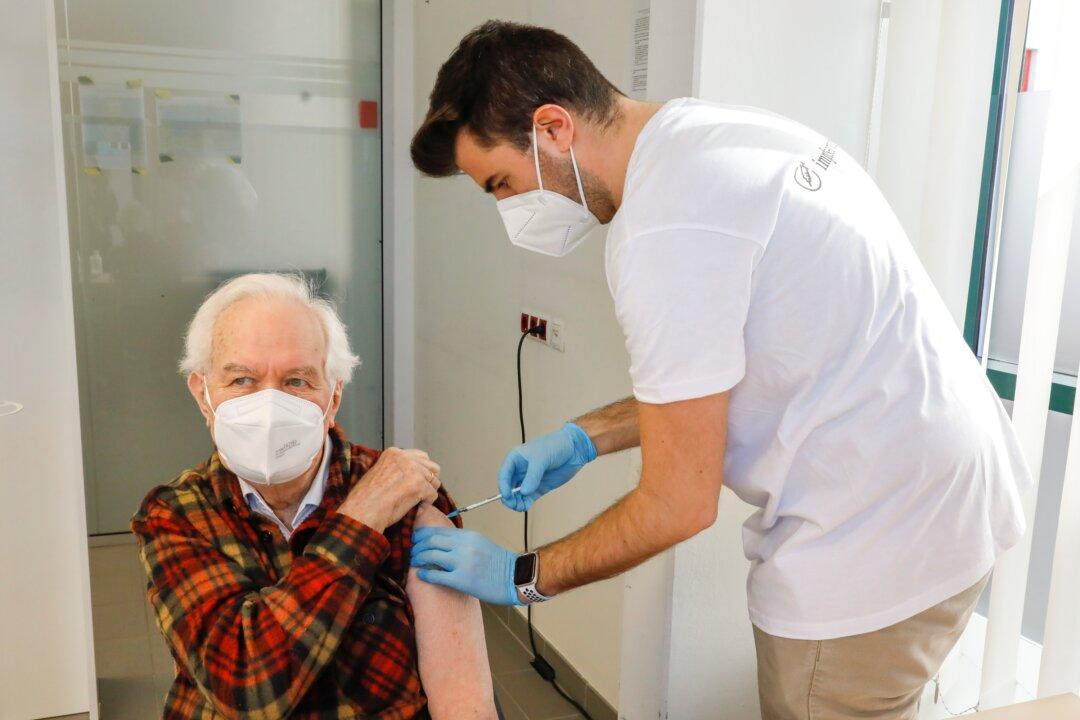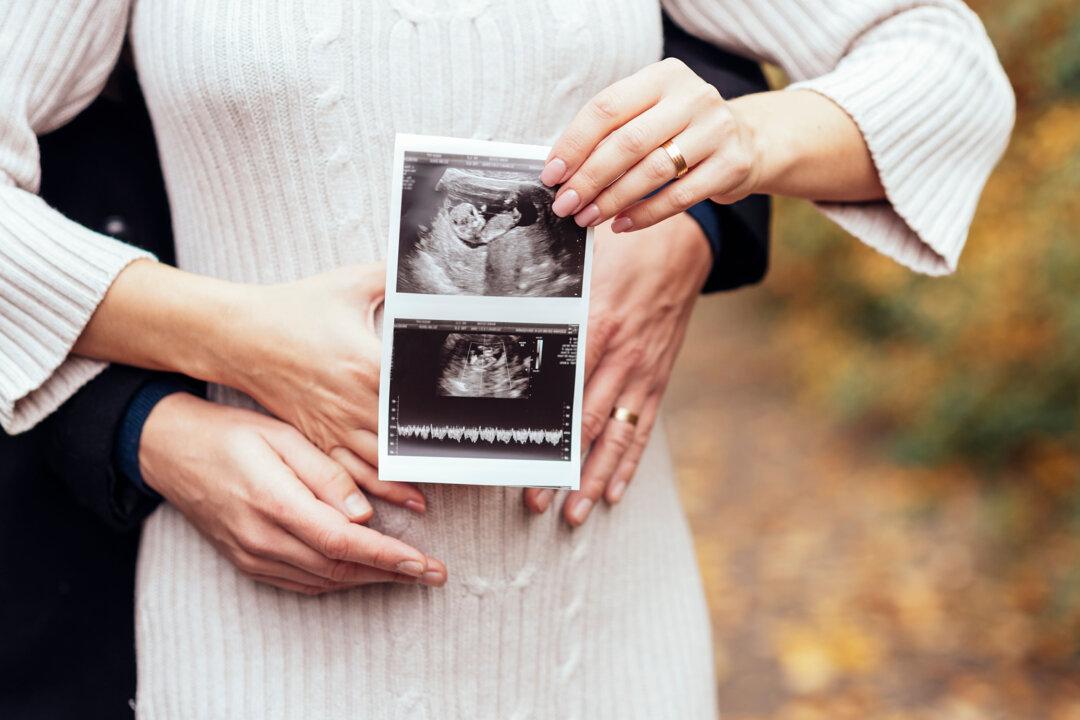An escalating information war is pitting the “vaxxed” against the “unvaxxed” over the safety of the three COVID-19 vaccines being administered in the United States.
In 2021, a massive spike in reporting was seen in the Vaccine Adverse Event Reporting System (VAERS), the main vaccine side effect and injury reporting site in the United States. Vaccine manufacturers and administrators are required to report any adverse events that occur during or after vaccination through VAERS.





